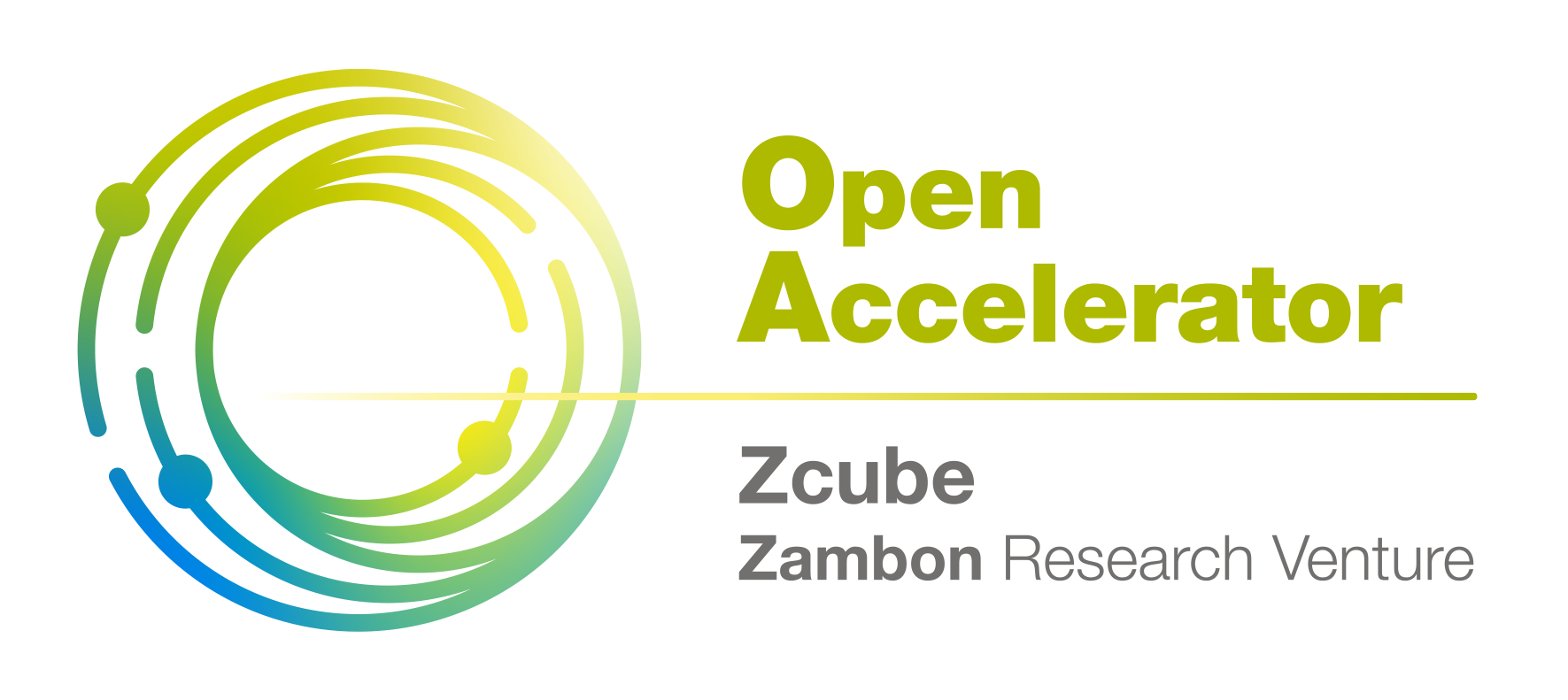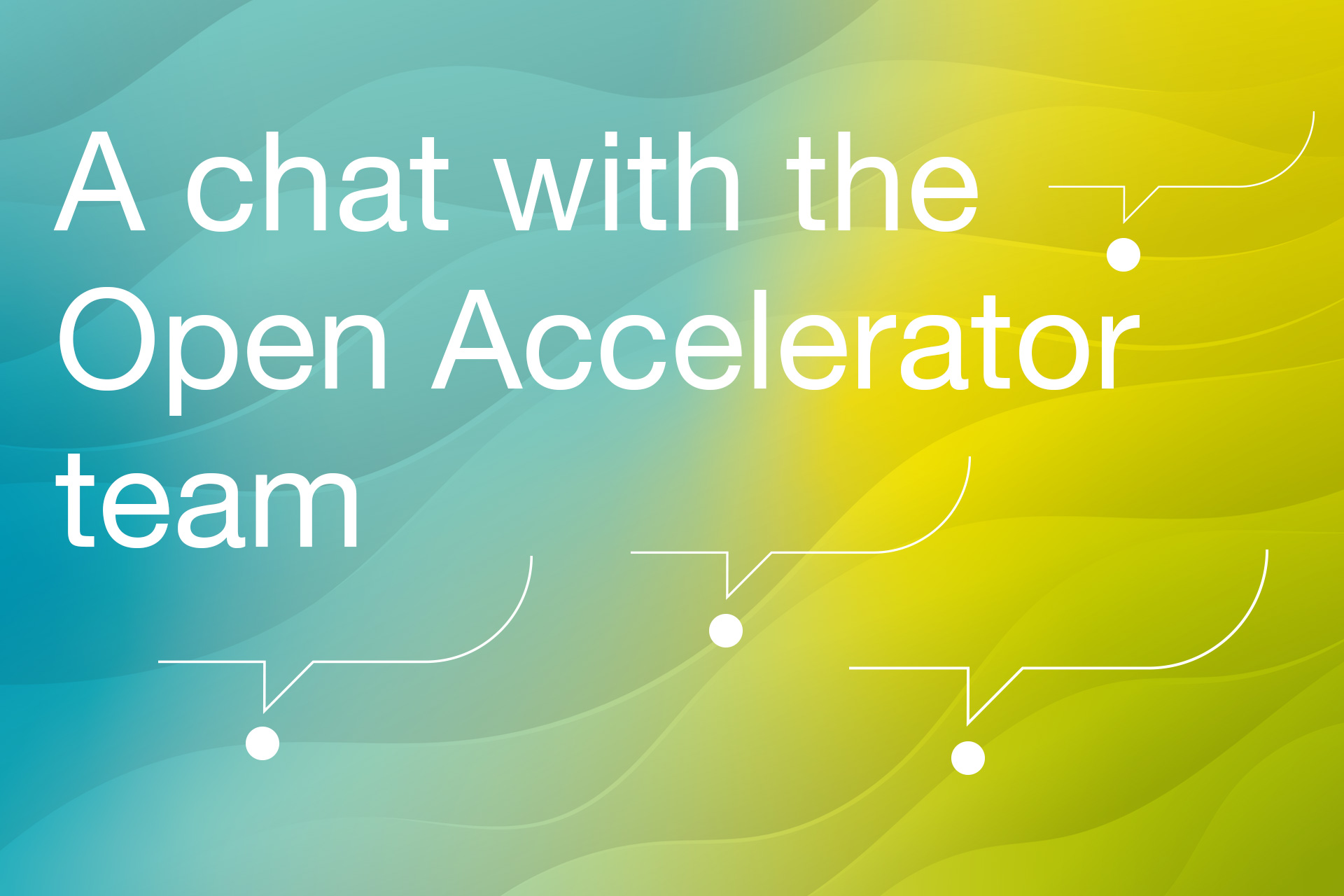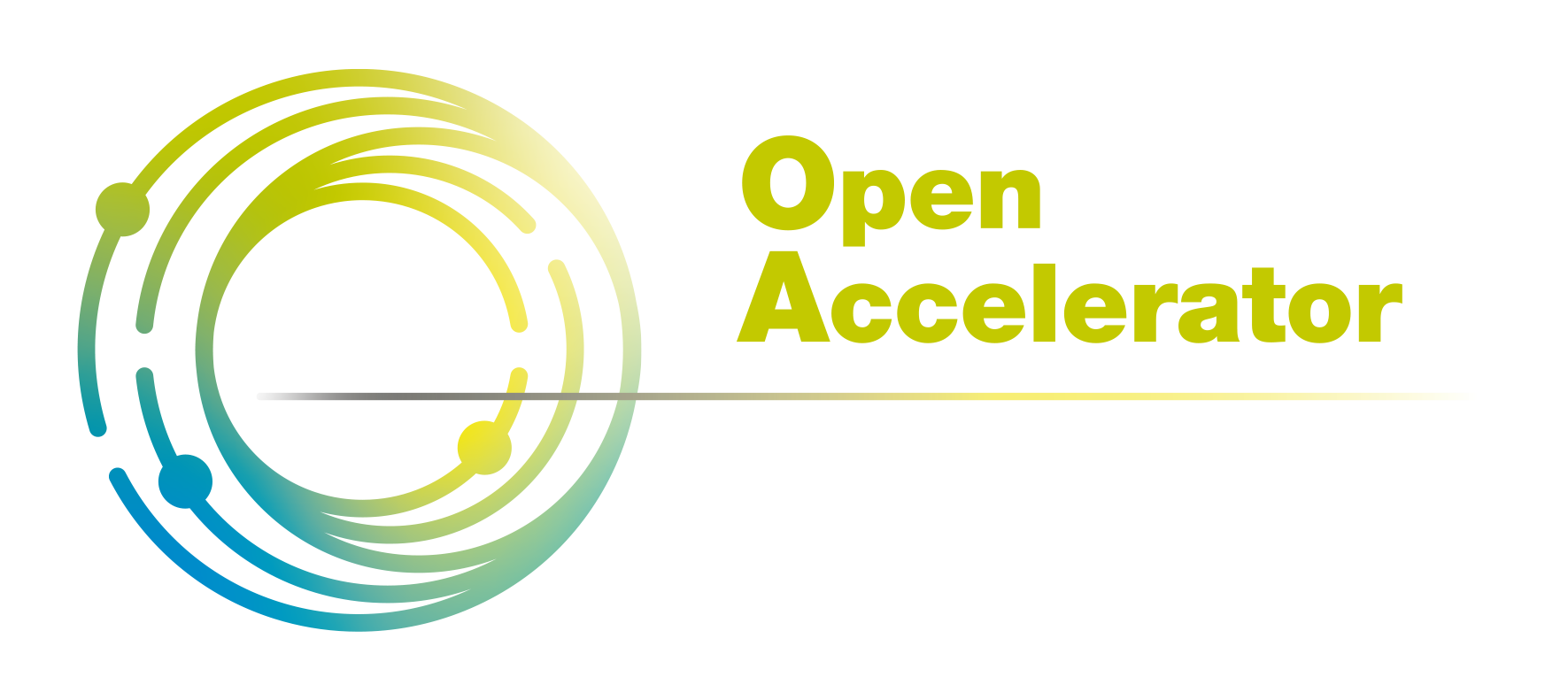A chat with our team: Marco Gullà
Marco is a dynamic young professional who, in 2020, joined Zcube as a Startup Analyst, providing support in scouting and mentoring startups during the 4th edition of Open Accelerator. From January 2021 he serves as an Investment Associate for HTH, Zambon’s operating partner and is actively seeking new investments and assets in the Life Science sector, including Biotech, Medtech, Pharmatech, Digital Health, and femtech. Additionally, he explores new business opportunities for the Zambon group.
Let’s get to know him better!
-
According to you, what is the added value that Open Accelerator could provide to the startups of the Life Sciences industry?
The Open Accelerator has become widely recognized as a significant source of innovation, particularly after several successful editions. Throughout our previous editions, we've consistently facilitated the growth of participating startups. We firmly believe that startups, especially those in the femtech sector, require three crucial elements: investments, high-level support on specific topics, and access to an international investor network. These are precisely the resources we offer to enrolled startups. Our program stands as a testament to the success of this approach. Furthermore, the added value of the Open Accelerator lies in its ability to leverage the Zambon ecosystem, tapping into our deep expertise in the Life Sciences industry.
-
The 2024 edition of Open Accelerator focuses on women’s health and femtech: what specific challenges and opportunities do you foresee in these fields?
Startups focused on Women’s Health, and more broadly, femtech, are transforming the women’s health ecosystem, bringing much-needed attention to this sector that has been overlooked for many years. We observe femtech startups developing incredible emerging technologies, which are attracting significant investment interest with fair valuations. Also, an intriguing aspect of this trend is that most projects we evaluate straddle the line between clinical and consumer-based businesses, resulting in heightened investor interest due to reduced risk profiles.
However, specific challenges persist, primarily because of stigma and taboos surrounding women’s health, which contribute to a lack of scientific and specific data on women. Our goal is to address these issues by facilitating open conversations on women’s health and advocating for greater attention to gender equality in research.
-
What aspects of your work do you find most stimulating and rewarding?
This environment is incredibly inspiring. The Open Accelerator has consistently fostered inclusivity, creating a genuine community of startups, mentors, and investors that in the previous editions has led to a rich exchange of ideas and resources, that is still ongoing. Personally, I find the most stimulating aspect of our work to be our dedication to finding solutions for women's health. It's truly fulfilling to know that we're not just here for business, but also for the betterment of women's lives. Making a tangible difference, whether it's by dispelling stigmas or introducing new technologies, is incredibly motivating.
-
What are some of the most important lessons you have learnt during your career working and partnering with startups?
Answering this question isn't straightforward, but I thrive on challenges, and working with startups always presents them, offering opportunities for continuous learning. One invaluable lesson I've learned is that solid scientific backgrounds are indispensable. The stronger the science behind a project, the easier it becomes to engage with investors. However, science alone isn't sufficient. Once the science is validated, the next hurdle is aligning it with the right market, a task easier said than done. If technology lacks a purpose beyond its own existence, the market will inevitably reject it.
Furthermore, understanding the potential of your project is crucial. Founders must always attempt honesty and fairness, especially in today's complex venture capital landscape. Sometimes, it's more advantageous to have a smaller share of a lucrative venture than a larger share of a less promising one.
-
What’s Open Innovation for you?
Open Innovation involves a versatile approach, necessitating a cross-sector methodology. It involves converting patented inventions into marketable products, services, or technologies accessible to consumers. Specifically, open innovation entails connecting companies with emerging technologies to industrial partners capable of leveraging their expertise to enhance innovation. This fosters an innovation cycle: a continuous process encompassing discovery, validation, development, registration, and commercialization, generating value for reinvestment in further innovations. Societal needs inspire researchers in both public institutes and private companies to generate creative ideas, leading to the development of new products. These products, when commercialized, benefit enterprises, researchers, society, and part of the revenue is reinvested in new research endeavors.
Thanks Marco, we hope your journey in this 2024 edition is going to be a great success!






